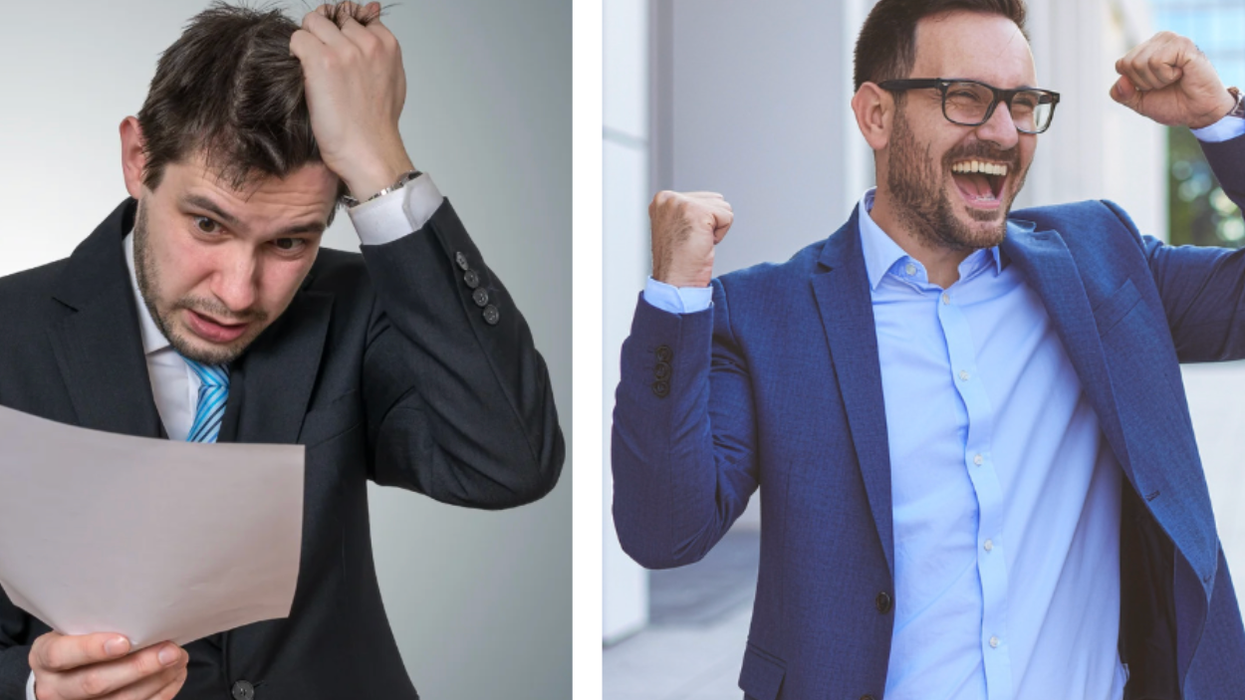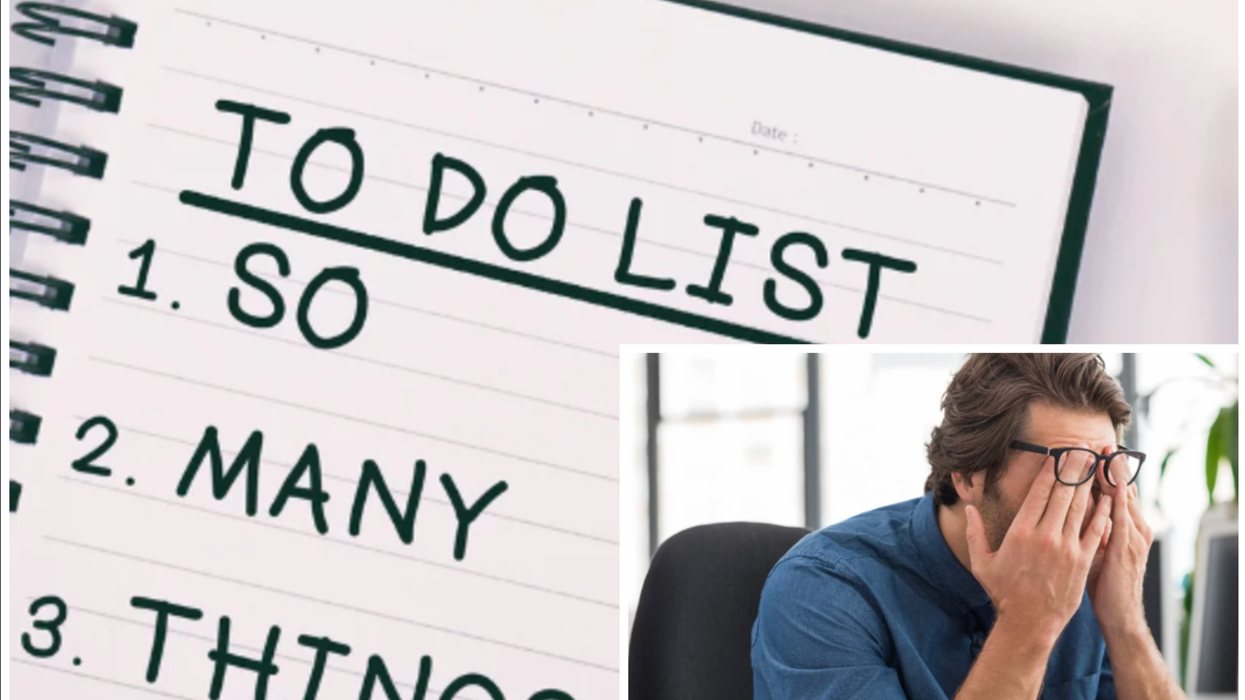Getting older can be frustrating. Your body has more trouble moving around, your energy can deplete faster, and there are several age-related health risks to be wary of.
One of the best ways for people over 60 to stay fit and be more mobile is to regularly exercise, which begs the question: What kind of exercise is the best for seniors? Well, according to a Harvard Medical School study, the most beneficial exercise is not walking, jogging, or weight training, although all are viable options. If you’re approaching 60 and want a quality exercise routine, you might want to start taking a martial arts class.
While the aggressive aspect of martial arts may make it appear that it is built for younger bodies, the majority of martial arts training can provide quality exercise for older folks. Harvard University professors believe “soft” martial arts such as tai chi, wing chun, and aikido help seniors improve their flexibility, muscle tone, balance, and coordination through slower movements. The added benefit? This exercise is also easier on the joints and can help exercise the mind through concentration and routine.
- YouTube youtu.be
That’s not to say that other “hard” martial arts, such as karate, taekwondo, and Brazilian jiu-jitsu, aren’t in the conversation. A Southern Cross University study believes they can provide the same benefits as “soft” martial arts while also providing cardiovascular exercise and rigorous resistance training through squats, strikes, and stances. Certain martial arts can also train a person to know how to fall in a safer way should they trip, lose balance, or slip in the shower.
- YouTube youtu.be
Medical professionals also believe that martial arts can help improve the mass and strength of both muscles and bones, which steadily decline the older we get. By practicing martial arts routines, training exercises, and katas, seniors can fight off muscle weakness and lower bone density, along with fighting off an opponent.
@jiu.jitsu.lifestyle 🇧🇷 INSPIRAÇÃO! A atleta @jiujitsu_grandma competindo aos 74 anos 🔥🔥 - 🇺🇸 INSPIRATION! The athlete @jiujitsu_grandma Competing at age 74 🔥🔥 🥋 Estude Jiu-Jitsu com a @bjjprotech CUPOM: LS10 (LINK AQUI NA BIO) 👕 Procura roupas e acessórios de Jiu-Jitsu ? Acesse o link da BIO e confira nossos produtos #jiu_jitsu_lifestyle #jiujitsu #bjj #artesuave #grappling #brazilianjiujitsu #artemarcial #motivacional #noexcuses #jiujitsufeminino #bjjgirls #jiujitsugirls #jiujitsuparamulheres #jiujitsufeminino #ibjjf #cbjjf #purplebelt #faixaroxa Vídeo: 📽️ @jiujitsu_grandma
“When you hold strong stances, perform controlled kicks, or use strikes, your muscles pull on the bones,” said Dr. Maria Knöbel, medical director of Medical Cert UK. “This pulling action stimulates bone cells called osteoblasts, which are responsible for building new bone tissue. The continuous strain of these movements will signal the body that the bones must remain strong.”
“At the same time, martial arts strengthen the muscles,” she continued. “Movements such as squats, steps, kicks and balance drills use both the large muscles like those in the legs and core, and the smaller stabilizing muscles that protect the joints. Using all of these muscles together keeps the fibers active and slows the natural loss of strength that happens with age.”
@origins.unity Martial arts are for everyone! Any stage of life, any fitness level, any person and any reason. I train 18 years olds and I train 90 year olds. We need to look to this wonderful example of a late-life-stage champion - he is getting the most of life through living the martial arts path. #martialarts #boxing #muaythaitraining #martialartist #wellness #example #leadership #longevity #longlife #wellbeing #noexcuses #fitnessmotivation #fitnessjourney #wellnesswarrior #wellnessjourney #happiness
Seniors not only benefit from martial arts physically, but mentally as well. It allows seniors to build a sense of community and form friendships with other classmates in the dojo, improving their social lives. While the training helps build the body, it also builds a sense of self-confidence and empowerment. Getting your brain to remember training, combat strategies, and routines also keeps the mind as sharp as the body, too.
If a senior in your life is in need of quality exercise and a fresh hobby, it might be worth getting them to attend a class at the local dojo, with their doctor’s approval. In the long term, it could help improve their standard of living as they grow older.





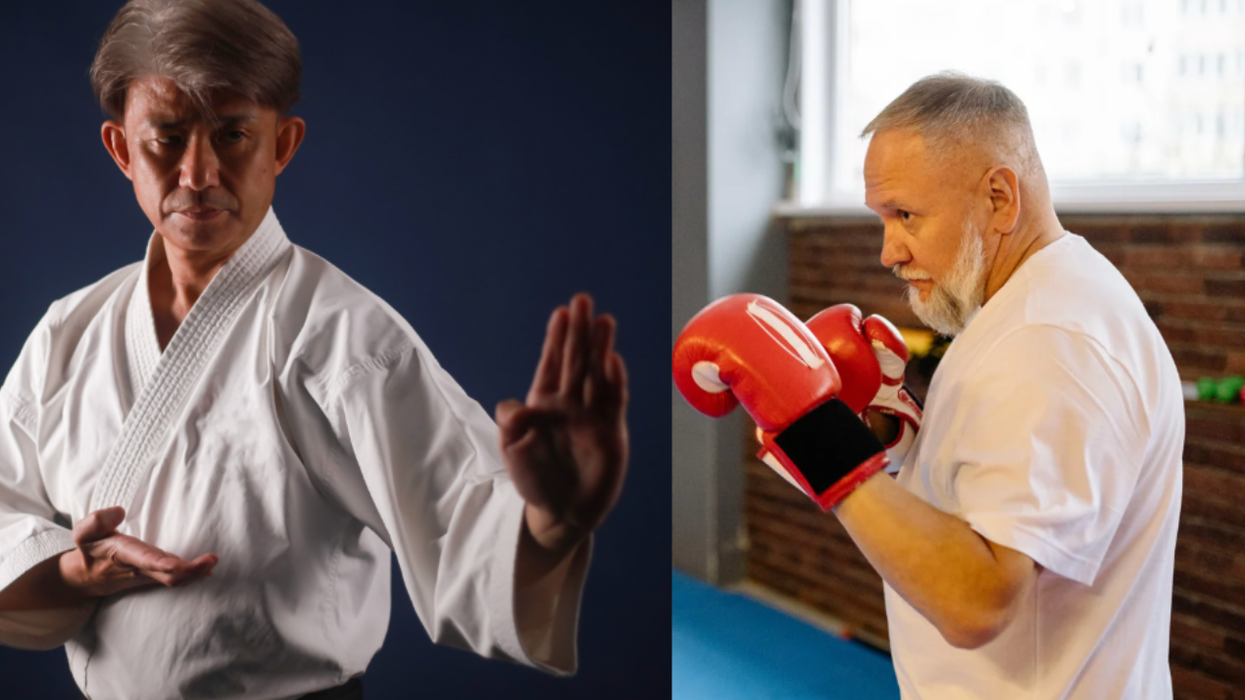













 Amoxicillin is a commonly prescribed broad-spectrum antibiotic.
Amoxicillin is a commonly prescribed broad-spectrum antibiotic.  Chart: The Conversation, CC-BY-ND
Chart: The Conversation, CC-BY-ND
 Counterintuitively, social media can make you feel more bored and lonely.
Counterintuitively, social media can make you feel more bored and lonely. Talking about what you’ve read can add a social dimension to what can be a solitary activity.
Talking about what you’ve read can add a social dimension to what can be a solitary activity. 
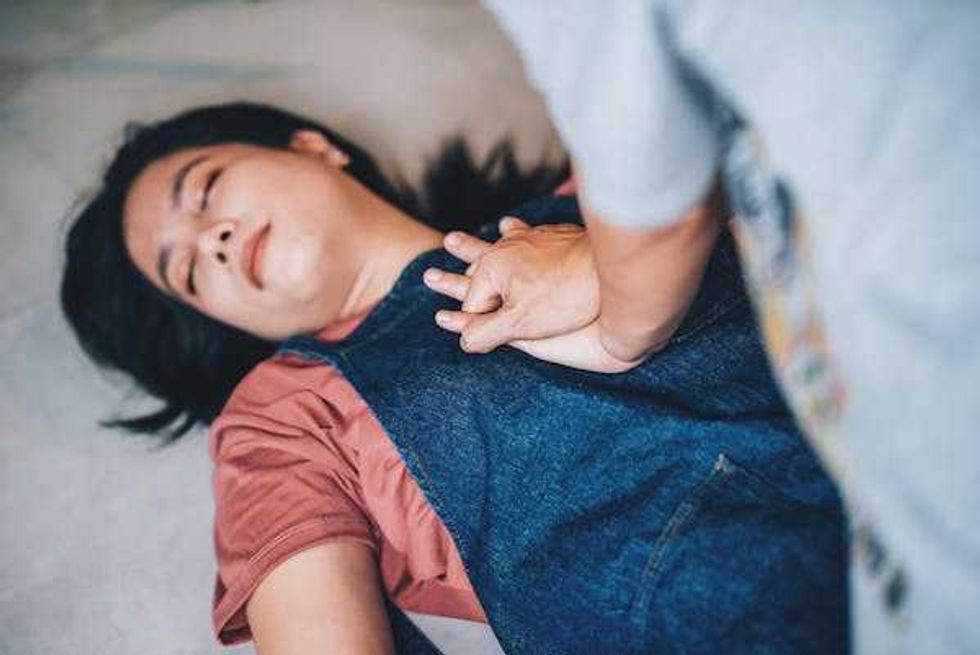 Women and people of color who experience cardiac arrest are less likely to receive CPR.
Women and people of color who experience cardiac arrest are less likely to receive CPR.
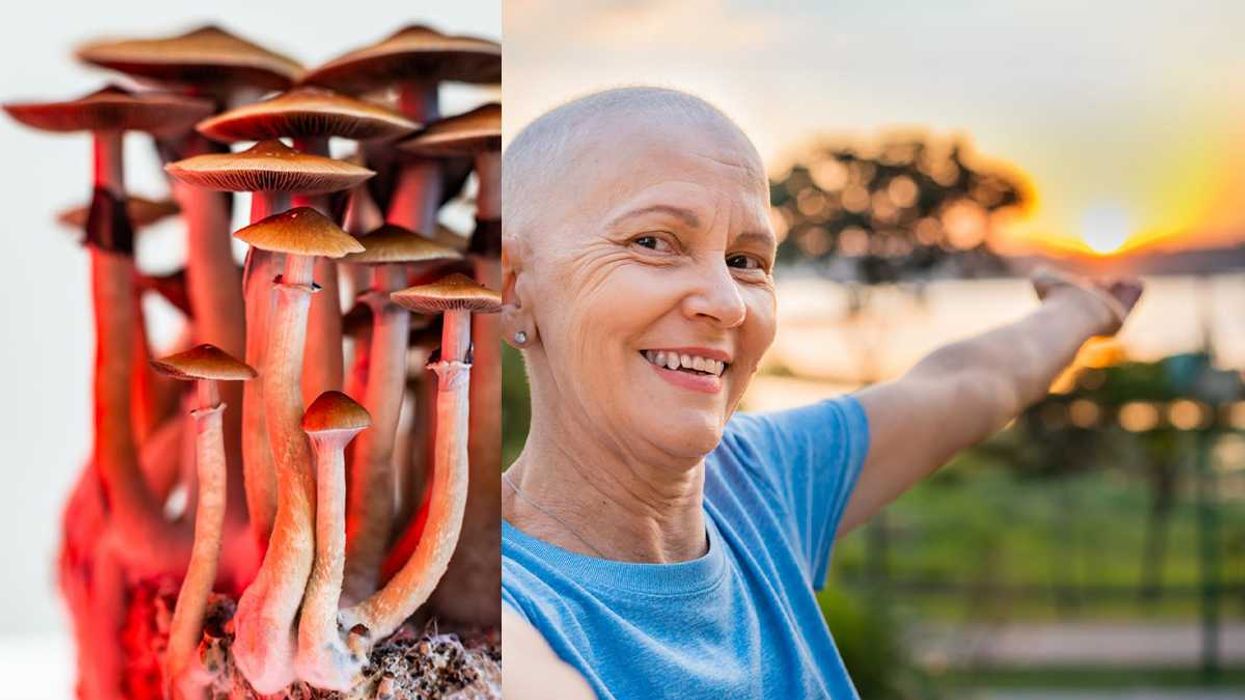
 Mushrooms containing psilocybin.Photo credit:
Mushrooms containing psilocybin.Photo credit:  Woman undergoing cancer treatments looks out the window.Photo credit:
Woman undergoing cancer treatments looks out the window.Photo credit: 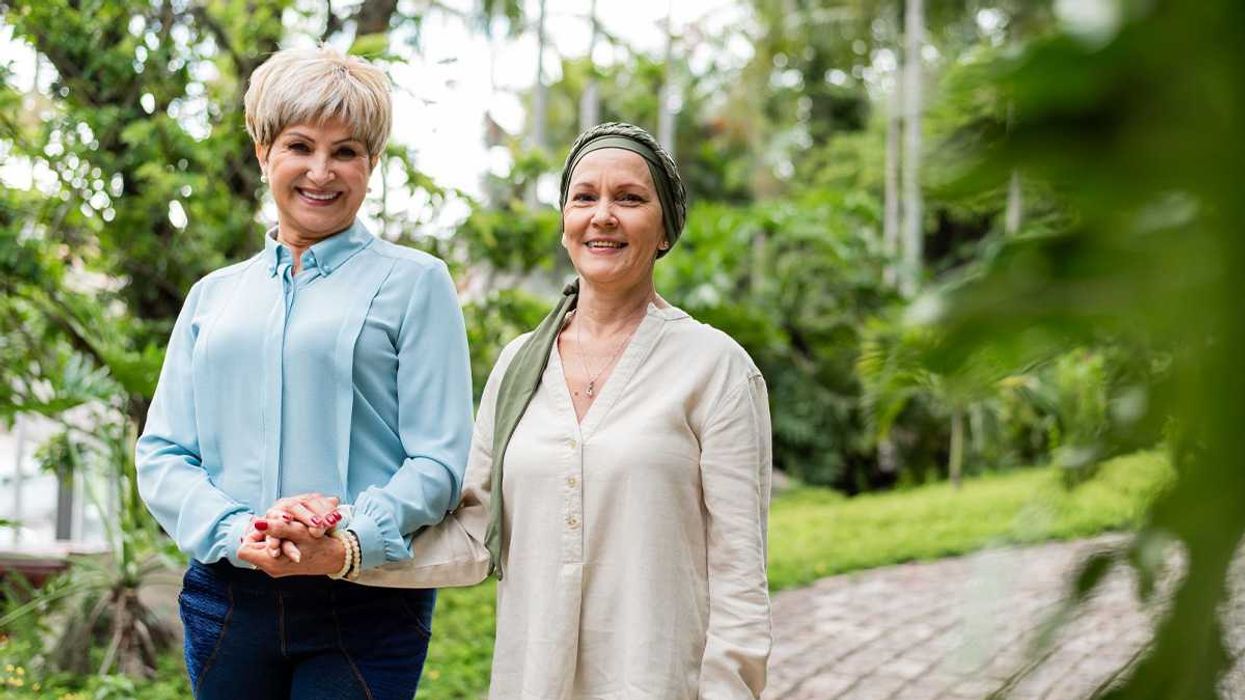 Friend and patient on a walk.Photo credit:
Friend and patient on a walk.Photo credit: 